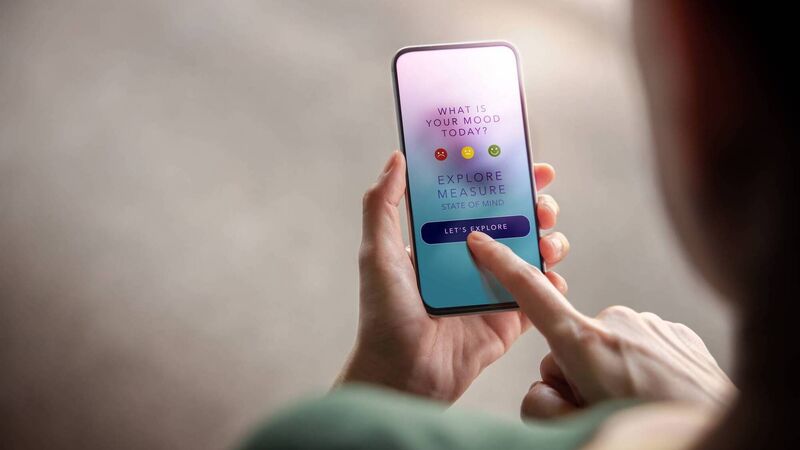When mental health apps make false claims and cause unintended harm to users

Alongside falling short of their claims, some mental health apps — especially those that lack the guidance of a trained human supporter —may cause unintended harm to their users
The use of digital mental health apps in Ireland has surged since the start of the pandemic. When the charity Mental Health Reform surveyed more than 400 young people aged 18-24 in 2020, almost a third were seeking support from mental health and well-being apps.
The trend has been supported promising research findings for apps offering evidence-based therapies and access to human therapists. Last year, a study in the journal confirmed that digitised cognitive behavioural therapy (CBT), guided by a trained human professional, can yield comparable outcomes to traditional face-to-face CBT therapy. Similarly, an earlier review of randomised controlled trials (RCTs) showed that “smartphone interventions” can lead to significantly greater reductions in anxiety compared to leaving people on waitlists.











